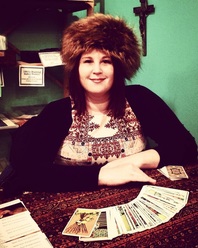|
There, I said it, Tarot does not tell the future. Revoke my cards, burn me at the stake, embroil me in a 3 day op ed; I stand by my statement. To clarify, I believe that our definition of 'future' is off. How can we measure for something that does not exactly exist, or at least exist in the way we perceive it? First, let's look at the standard definition: “To Tell the Future” by popular culture usually means:
So understandably, many people come to a tarot reading with the above underlying assumptions and those assumptions frame their expectations“When will Mr. Right come? When will I find a bag of money? When does little Johnny get a sibling?” When. When. When. When is the wrong question. 'When' is based on an assumption on the effect time has on our lives. First, there is the scientific model: The idea of time being a linear aspect: past, present, and future is largely a construct; a perception based on our biological ability to sense it as well as our cultural framework around it. In fact, science actually has a hard time measuring it. In some ways, time is seen to move backwards, or, from a quantum perspective, time and space are interlinked in ways that confound our senses AND our best scientific instruments. So if we cannot accurately perceive what time is... what makes us think we can use tarot to measure the things that happen within it? Second, consider that our perception of time is cultural in origin: Western Perception of time: 1. Linear. 2. Strict starting and ending points. 3. As one moves across this timeline, events and milestones are passed. 4. Once an event is passed, it is complete and cannot be revisited. 5. In this perception of time, life is organized by creating a schedule. 6. Value and importance is communicated by keeping and honoring the schedule. 7. E.g. If I make plans to meet someone for lunch at 12 PM and do not show up until 12:30, then I owe that person an apology because my tardiness is offensive. I did not honor our schedule and did not value their time (source). But even if we decide that the linear aspect of time is standard, there are variations within that. Third, our own 'standard' western model of time varies: Perception of time is a cultural construct and among those cultures who do believe in a western perception of time there are variations. (Excellent article I recommend giving it a read!) As an American living in other countries, I noticed that time felt different, it always felt like there was more time, I thought perhaps I was going crazy but once I returned to America I would talk to foreign nationals who also noticed the phenomenon of perception of time shifting along with culture. We would shake our heads and say, “Why do I feel so busy when I had all the time I needed before?” Everyone gets the same 24 hours, don’t they? From my own perceptions and in conversations with others I learned that: Group consciousness on time impacts the whole. So if time was so very static, why would it feel so different? What's going on with time? With Practice, a Different Model EmergesOver conducting thousands of readings a different understanding of how tarot (and time) operate has emerged for me, and that operation feels closer to an interdynamic model. To illustrate, I have included the standard definition of “Navajo time”. Though by no means is this time-structure the aegis of the Navajo culture alone. Navajo Perception of Time: 1. Circular. 2. If an event is passed or missed, then there is not as much reason for concern. The understanding is that the event will usually come back around again. 3. In this perception of time, life is organized by completing tasks or events. 4. Value and importance is communicated not by starting/arriving on time, but by staying until the interaction is over or the task is complete. 5. E.g. If I make plans to meet someone here on our reservation at noon and do not show up until 1 pm, there is usually no need for me to apologize. But, once we are talking, if I am constantly looking at my watch or suddenly announce that I need to leave, I have committed an offense. I did not allow the interaction to come to its natural completion. (source) Time from an Inter-relational Perspective Tarot seems to follow rules that are causal in nature.. A reading will be less about "when" something will happen but rather in the "how" a thing emerges. A closer question, a far more helpful question to ask tarot is, 'how?' rather than 'when'. If we take into account a non-linear agreement for time, a different assumption about how tarot actually works begins to emerge: A Reframed, inter-relational, causal dynamic creates a new probability-telling definition for what a tarot reading includes:
Like trying to predict the weather, a weather scientist must enact highly technical algorithms to measure a massive amount of data which produces a “most likely outcome” but that probable outcome is predicated on current conditions; how the ‘wind is blowing’. So in this new understanding of time and how tarot works, we paint a picture not of “when” but of “how”. Not, “When will I meet Mr. Right?” but rather, “What do I need to do, pay attention to, or avoid to create the most likely narrative in finding Mr. Right?”. I find this view of tarot to be very complete, it creates a narrative that is interactive and helpful in the most practical sense. There is far more beauty and flexibility in a system that hands over creative control to us rather than a train speeding towards some pre-ordained destiny. to one Shifting our thoughts on time and personal power clearly illustrates our links to the great Divine (including one another) which is a powerful shift. A shift that places the power squarely within our own so very capable hands. "As above, so below" goes the adage and it is no less true for each and every one of us. It is less about being a particle moving along a track as it is that we are one thin-slice of a living, breathing Grand Conciousness, interconntected and always influencing and being influenced by others. I like to think in terms of interdimensionality (depth) rather than distance. To me, the tarot seems to meet this model, too.
3 Comments
Meg
10/20/2015 12:58:11 pm
This is very insightful! It also makes a lot of sense. I thought time moved slower when I was in Australia.
Reply
10/22/2015 12:02:22 am
Great post. Love Navajo time and agree that "how" is so much better than "when!"
Reply
Your comment will be posted after it is approved.
Leave a Reply. |
Details
Subscribe below to get my daily blog posts right in your email!
Jenna Matlin
M.S. in Organizational Psychology and Leadership Categories
All
|
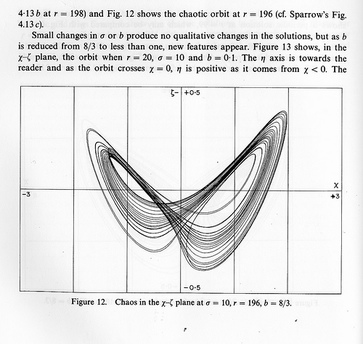

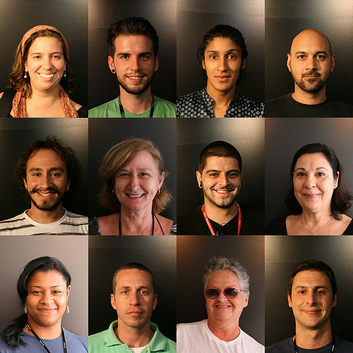
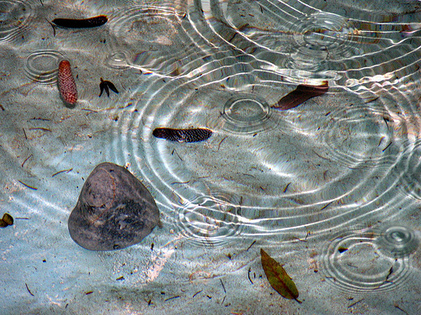
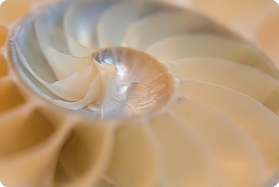
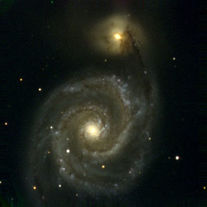
 RSS Feed
RSS Feed
